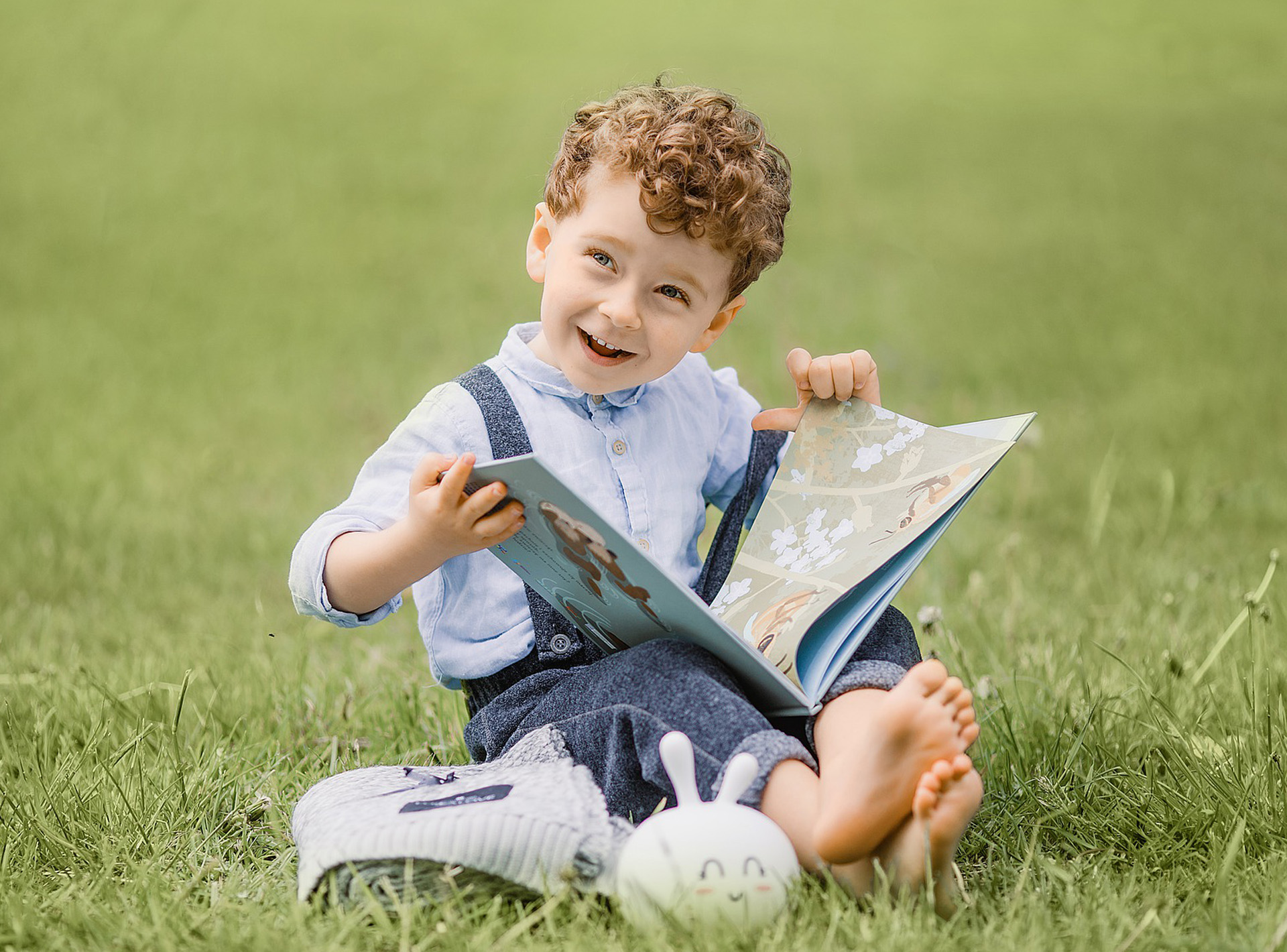 New project is asking whether smartphones and texting can boost children’s literacy, from a very young age.
New project is asking whether smartphones and texting can boost children’s literacy, from a very young age.
Using a smartphone for texting might be a way to boost children’s literacy skills, even before they start primary school. This is the premise behind a new project led by Professor Caroline Barratt-Pugh, from the School of Education, Edith Cowan University (ECU).
The project, is funded by the Ian Potter Foundation and the Fogarty Foundation, and supported by the Department of Education WA, Catholic Education WA, Association of Independent Schools WA and the State Library of WA (SLWA). It involves the development, implementation and evaluation of a literacy text‐messaging program called Kindytxt, aimed at parents and carers of children attending kindergarten in 16 Local Government Areas across Western Australia.
About the new program
The basic idea behind Kindytxt is that parents and carers who sign up for this study, will receive text messages giving them tips and information about activities that promote early reading in their children. The goal is to build parent and carers’ confidence and skills in their role as their child’s first teacher, while also improving kids’ literacy skills and supporting the transition between home and kindergarten.
The program is free and is delivered every week over three school terms, in collaboration with the “Better Beginnings Kindergarten Program”, a family literacy initiative led by the State Library of WA. Parents and carers receive three text messages each week over the duration of the program, with ideas for educational activities they can do at home with their children. These provide small steps for engaging in literacy activities over an extended period of time.
“Smartphones are a central part of our lives in 2021 and this project is hoping to capitalise on the prevalence of these devices to help develop young children’s early literacy,” Prof Barratt-Pugh said in a press release.
“Kindytxt aims to support literacy learning in more disadvantaged communities by engaging parents through technology, to act on tips and advice. We want to meet parents where they’re comfortable and text messages are a simple and relatively unobtrusive way to do that.” she added.
The idea behind this project is to take advantage of technology that is already, literally, in everyone’s pockets, and is accessible and easy to use.
“We know that parents from a diverse range of communities are engaged in many different literacy practices with their children. Kindytxt aims to help parents build on those practices particularly through shared book activities, songs and nursery rhymes and in their home language/s. These activities help build children’s vocabulary, concepts about print and love of books,” Prof Barratt-Pugh said.
Kindergarten teachers and librarians are offered the opportunity to register for Kindytxt as a way of establishing partnerships and collaborations at different levels, in order to support parents and children succeed at kindergarten and prepare for school.
Each week parents are sent an Activity, Information and Extension text. Examples of the texts parents and carers receive include:
- Read a children’s book out loud to your child. Point to the pictures and name the things in the picture. Ask: ‘What can you see in the picture?’
- Talking about the pictures, helps your child to understand the story.
- Read a children’s book out loud to your child. Point to the pictures. Ask: ‘What is happening in this picture? Why did this happen?’
The text messages will also encourage parents and carers to make links with the kindergarten teacher and visit their local library and attend free literacy activities organised by the Better Beginnings family literacy program.
To learn more about this program, visit this website.

